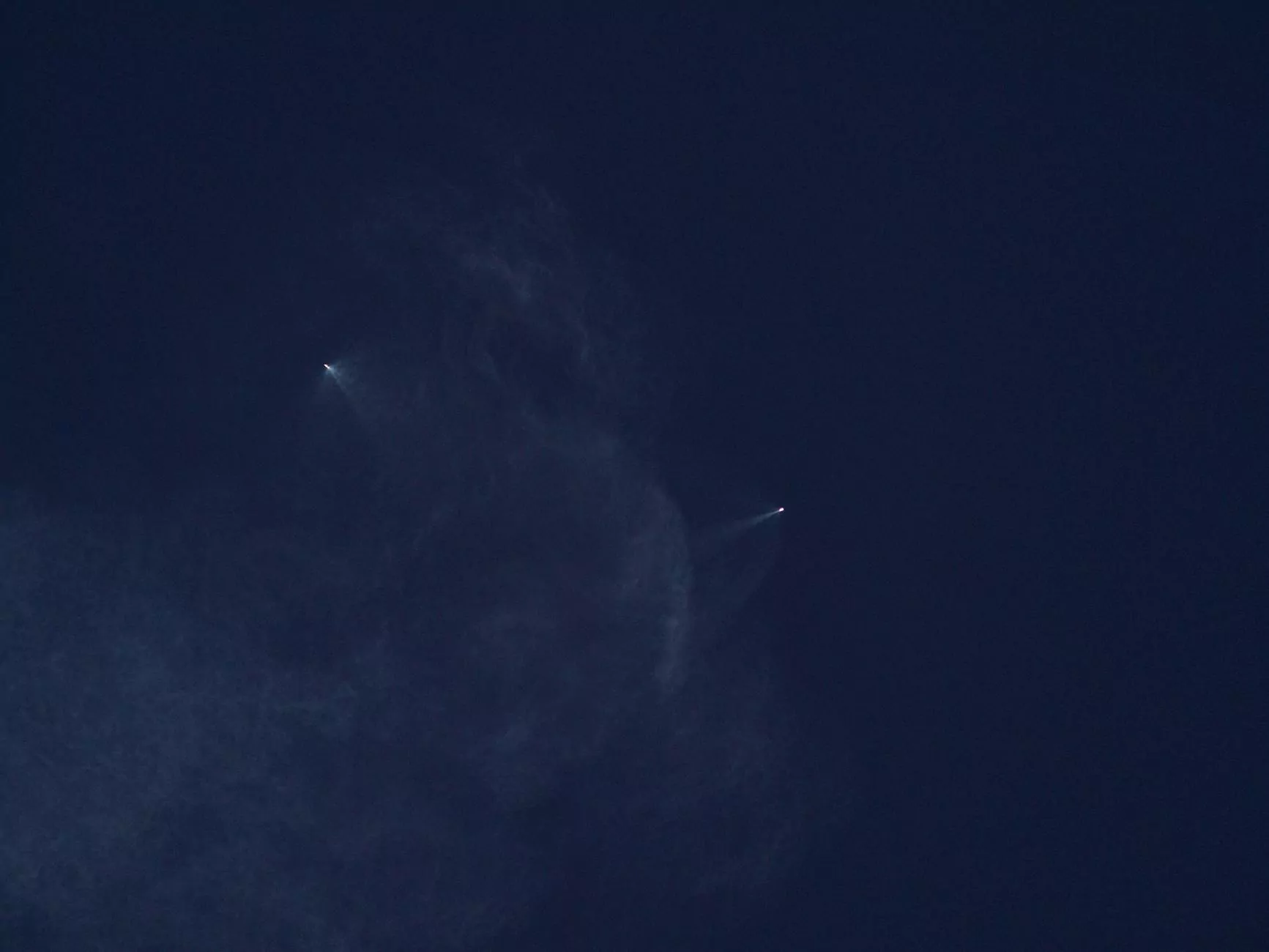How to Find Liquid Mercury for Sale: An In-Depth Look at Sourcing & Safety

Liquid mercury, also known as quicksilver, is a fascinating element with a rich history of scientific and industrial applications. Given its unique physical properties—being the only metal that is liquid at room temperature—mercury has been used in thermometers, barometers, and various other specialized equipment. However, sourcing liquid mercury for sale requires a thorough understanding of legal guidelines, safety precautions, and reputable suppliers. This comprehensive guide aims to answer the question, where to find liquid mercury, and provide you with detailed insights to make informed purchasing decisions.
Understanding the Uses and Applications of Liquid Mercury
Before diving into where to find liquid mercury, it is essential to understand its common applications and why certain industries require this unique element:
- Scientific Research: Mercury is used in laboratories for experiments, calibration, and research purposes due to its predictable thermal expansion and electrical conductivity.
- Industrial Manufacturing: Manufacturing sectors utilize mercury in processes like gold and silver extraction, and in the production of certain chemicals.
- Medical Equipment: Historically, mercury was used in thermometers and sphygmomanometers, although its usage is now highly regulated and limited due to health concerns.
- Electrical Components: Mercury's conductivity has made it useful in switches, relays, and fluorescent lamps.
Despite its versatility, mercury's hazardous nature necessitates stringent controls over its sale and usage, which guides the process of where to find liquid mercury.
Legal and Safety Considerations When Sourcing Liquid Mercury
Mercury's toxic properties demand strict compliance with federal, state, and local regulations. Many countries have phased out or heavily restricted the sale and use of mercury, especially liquid mercury, to prevent environmental contamination and health risks. Therefore, understanding the legal landscape is paramount:
- Regulations in the United States: The Environmental Protection Agency (EPA) and the Toxic Substances Control Act (TSCA) regulate mercury sales. Commercial and scientific purchases generally require vendor licenses or proof of legitimate use.
- European Union Standards: The EU enforces the Mercury Regulation (EU Regulation 2017/852), restricting the supply of mercury and emphasizing alternatives.
- Other Countries: Many nations have bans or strict limitations; always verify local laws before attempting to purchase mercury.
Safety precautions include:
- Proper Handling and Storage: Mercury should be handled with gloves, goggles, and in well-ventilated areas to avoid inhalation of vapor.
- Legal Ownership Documentation: Buyers must often provide documentation proving the legitimate reasons for possessing mercury.
- Disposal and Environmental Considerations: Mercury disposal should follow hazardous waste regulations, and never be dumped in drains or on the ground.
Reliable Sources for Liquid Mercury for Sale
Locating where to find liquid mercury involves identifying reputable suppliers who operate within legal frameworks and adhere to safety standards. Here are key sources to consider:
1. Specialized Chemical Suppliers and Distributors
Many suppliers operate exclusively in industrial or research chemicals, including mercury. The most trusted providers have proper licensing and certifications.
- Dschemek.com: As a leading provider in the industry, Dschemek offers high-quality liquid mercury sourced responsibly, complying with international safety regulations.
- Other chemical suppliers worldwide typically require buyers to present a valid purpose, such as scientific research, calibration, or industrial use.
2. Government and Institutional Contracts
Several government agencies, research institutions, and authorized laboratories have access to mercury through official contracts. These sources often have strict procurement channels but ensure compliance and safety.
3. Licensed Importers and Exporters
International trade companies licensed under Basel Convention agreements can facilitate the lawful purchase and shipment of mercury, especially for authorized buyers.
4. Scientific Equipment Suppliers
Suppliers of thermometers, barometers, and other scientific apparatus may be able to direct you or supply small quantities of liquid mercury for legitimate purposes. Always verify their credentials and legal compliance.
How to Identify a Trustworthy Mercury Supplier
When searching for where to find liquid mercury, it's critical to choose a supplier who:
- Provides Certifiable Documentation: Ensure they furnish Material Safety Data Sheets (MSDS), certificates of authenticity, and legal licenses.
- Follows Safety Regulations: They should demonstrate strict adherence to environmental and health safety standards.
- Offers Quality and Purity: High purity mercury (e.g., 99.99%) is often necessary for precise scientific applications.
- Has Positive Reputation and Reviews: Customer feedback and industry reputation are reliable indicators of credibility.
Key Factors to Consider When Purchasing Liquid Mercury
Having identified potential suppliers, pay attention to several critical factors:
- Legal Compliance: Confirm the supplier's adherence to all relevant laws, permits, and certifications.
- Price and Transparency: Evaluate the pricing structure and ensure there are no hidden costs or ambiguities.
- Delivery and Shipping: Mercury is classified as a hazardous material; safe shipping methods and proper packaging are essential.
- Customer Support: Responsive support can assist with technical questions, usage guidelines, and safety procedures.
Alternatives and Safe Handling of Mercury
In recent years, many industries have shifted toward mercury-free alternatives due to environmental and health concerns. These include digital thermometers, alcohol-based manometers, and other non-toxic substitutes. If your purpose allows, consider these options to minimize health risks.
However, for legitimate scientific or industrial needs where mercury is indispensable, ensure that you:
- Use Proper Personal Protective Equipment (PPE): gloves, respirators, labs coats.
- Maintain Adequate Ventilation: Mercury vapor is hazardous when inhaled.
- Store Mercury in Secure, Labeled Containers: Use approved glass or plastic containers with tight seals.
- Dispose of Waste Responsibly: Follow local hazardous waste protocols for disposal or recycling.
The Future of Liquid Mercury – Trends and Regulations
The global movement increasingly emphasizes environmental protection and human health. Consequently, where to find liquid mercury is becoming more restricted worldwide. Innovations in sensors and measurement technology are pushing industries to adopt mercury-free solutions, reducing reliance on this toxic element.
Nevertheless, for essential scientific applications, reputable suppliers like Dschemek.com continue to provide responsibly sourced mercury, complying with strict international standards. It is vital that purchasers remain informed about regulatory changes and environmental considerations.
Conclusion: Your Guide to Procuring Liquid Mercury Safely and Legally
In summary, the question where to find liquid mercury depends on understanding legal requirements, safety protocols, and identifying reputable, licensed suppliers. Whether you're involved in research, industrial processes, or specialized applications, always prioritize safety and legal compliance when sourcing this valuable but hazardous element.
Dschemek.com stands out as a trusted provider, ensuring high-quality, ethically sourced liquid mercury for legitimate use. By following the methods and considerations outlined in this guide, you can confidently navigate the complex landscape of mercury procurement and ensure both safety and legality in your acquisition process.
Remember, handling liquid mercury responsibly not only safeguards your health and environment but also aligns with global efforts to reduce mercury pollution. Stay informed, choose reputable sources, and comply with all applicable regulations for a safe and successful experience in sourcing liquid mercury.









